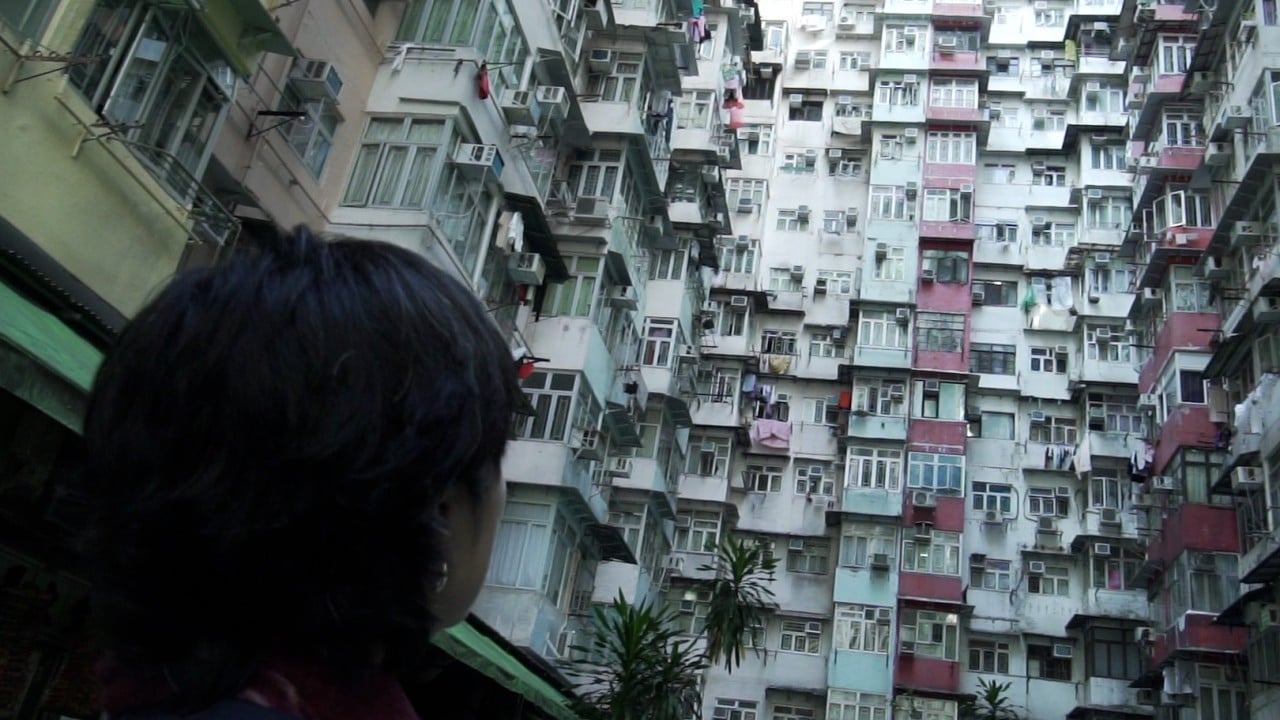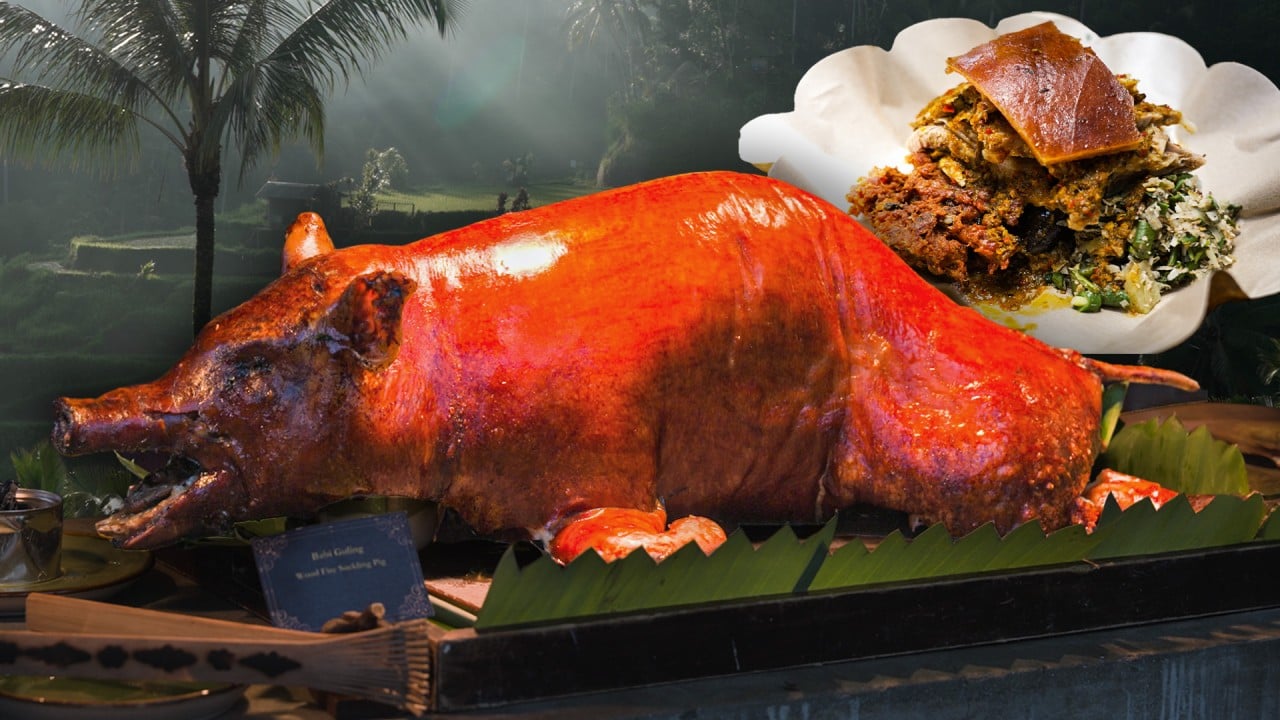Hong Kong’s tourism struggles appear to have sunk to a new low with the government telling Hongkongers to “smile more” to attract visitors – an idea that is naive, if not absurd. The slow return of tourists has been blamed on false narratives of Hong Kong in the Western media. But the reality is that far less liberal places in the region are enjoying a strong tourism recovery.
Southeast Asian countries such as Vietnam and Indonesia are making strong progress in attracting more international visitors. Elsewhere, in the Middle East, Saudi Arabia recorded a 156 per cent jump in international arrivals compared to 2019.
The problem with Hong Kong tourism is likely to lie squarely with the city’s declining competitiveness and attractiveness to international tourists.
The government has worked diligently to come up with more strategies and activities. Most seem to bank on the mainland market and mega events akin to Taylor Swift concerts.
Unfortunately, Hong Kong’s strong dollar (thanks to its US dollar peg) and the recent slowdown in the Chinese economy has led to flagging enthusiasm among mainland tourists for Hong Kong.
Ecotourism and cultural tourism do not seem a high priority for government strategies. Yet, realistically, they are the best hope to revive tourism. During the golden age of Cantopop and Hong Kong cinema, fans flocked to the city on a kind of cultural pilgrimage, much as K-pop and K-drama devotees now descend on South Korea.
The Hong Kong government does not seem terribly interested in promoting the city’s Cantonese culture, at least when compared to Seoul, which has led soft culture campaigns including the eccentric and highly popular videos featuring Leenalchi and the Ambiguous Dance Company promoting lesser-known places.
Hong Kong’s architecture is also world famous, with skyscrapers such as the Bank of China Tower and Central Plaza. This impressive skyline once attracted many international visitors.
But this attraction now pales in comparison to the rapidly evolving skylines of first-tier mainland cities, Singapore, Kuala Lumpur and Bangkok, with new architecture marvels being thrown up every few years and in destinations much cheaper to visit than Hong Kong. Consequently, the attractiveness of The Peak, which offers grand views of the city, has declined.
Given Hong Kong’s housing challenges, the construction of new and impressive skyscrapers is probably the last thing people want to see. But if Hong Kong wishes to retain its title as Asia’s World City, it may need the equivalent of Dubai’s Burj Khalifa or Singapore’s Marina Bay Sands – a complex aiming to be second to none in terms of grandeur – to impress high-end tourists.
A city with moderate-looking skyscrapers can only aspire to moderate visitor numbers and tourist spending.
Also, Hong Kong needs to look to nature for answers and properly develop its ecotourism. In my most recent trip to Hong Kong, I was surprised by how many fellow foreigners I met who were not aware of the beauty of Hong Kong’s nature.
Most thought the city was all about skyscrapers, finance, Cantonese food and good urban infrastructure. The government should radically reshape that image so its ecotourism plans can thrive.
Hong Kong could look to Indonesia’s Bali, a leader in local art and nature-based tourism. Just like Bali, Hong Kong is a built-up space with areas of nature where tourists can easily hike and camp, surrounded by rich traditions and diversity.
Bali, as the only primarily Hindu society within Muslim-majority Indonesia, looks and feels radically different from anywhere else in the country. The same contrast can be felt between Hong Kong and the rest of China.
Balinese art is well known and local authorities continue to invest in arts and culture. When even a simple village house can look as artistic as a temple, this leaves a lasting impression on visitors.
Hong Kong can also take inspiration from Malaysia’s Penang, where the popularity of street art in the capital George Town has turned unexplored parts of the city into tourist attractions and rejuvenated interest in its history. It is difficult to understand why Hong Kong has not engaged its best street artists to replicate this success.
Also, Bali seems to have more festivals than almost anywhere else, earning it the title “island of the gods”. As most celebrations are open to the public, Bali offers tourists a rich calendar of cultural experiences.
Hong Kong also has unique celebrations. The fascinating Hungry Ghost Festival, for instance, is mostly marked as a private family affair, but this does not mean it cannot be popularised and strengthened, to help attract tourist dollars.
Combine all this with Hong Kong’s natural beauty, which features pristine beaches and lush forests, accessible through stunning hiking trails – all found a short distance from the bustling metropolis – and the city could easily become a popular stand-out tourist destination once more.
The contrast between Hong Kong’s extreme capitalism and its natural beauty could help the city win more hearts and minds worldwide. And seeing a recovery in international tourist arrivals and with it a boost for the local economy will, in turn, help Hongkongers smile more.
No amount of tourism exhibitions overseas, free air tickets or mega events will hit the mark unless Hong Kong’s tourism authorities go big on local arts, culture and nature.
Chee Yik-wai is a Malaysia-based intercultural specialist and the co-founder of social enterprise Crowdsukan






